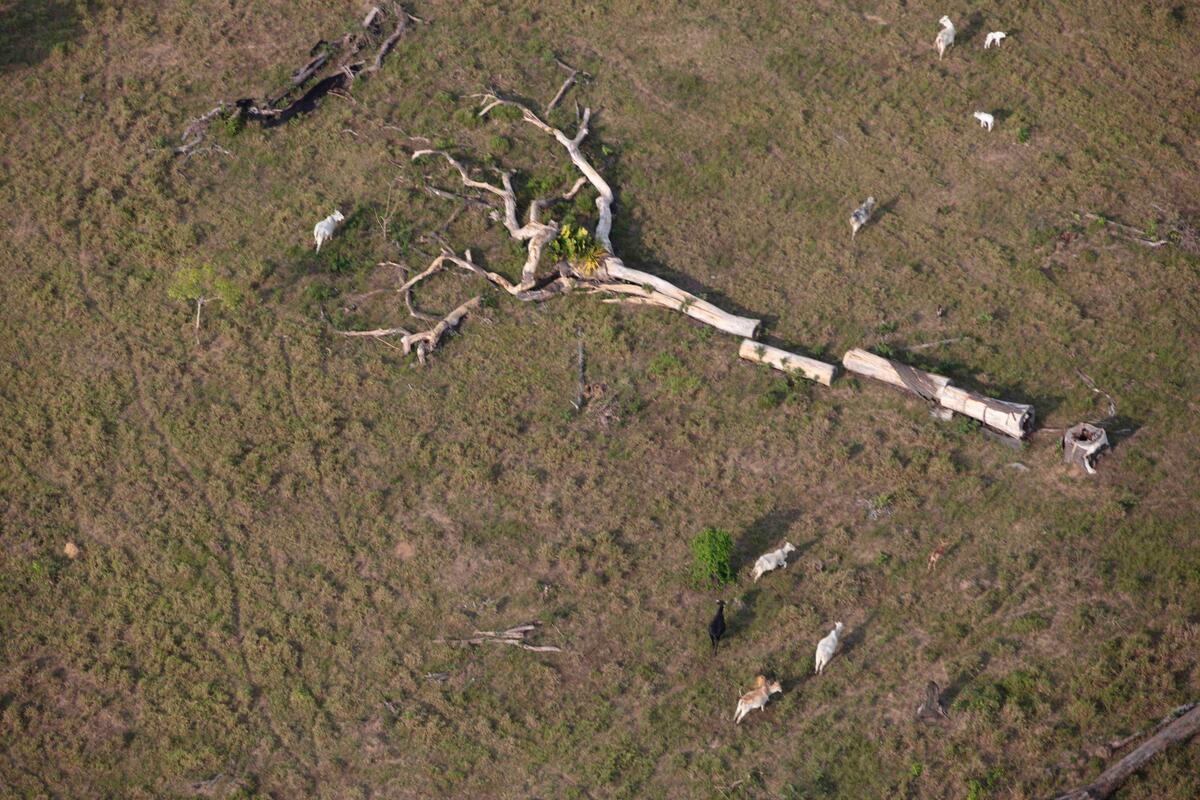Amsterdam, The Netherlands – Greenpeace International announced today it is not renewing its membership in the Forest Stewardship Council (FSC), a global timber certification scheme for which the NGO was a founding member 25 years ago. Matt Daggett, Global Campaign Leader for the Forest Campaign at Greenpeace International, said:
“We are firmly committed to advancing the best possible forest protections for people, biodiversity, and the climate. We believe robust timber certification is a helpful but imperfect tool for protecting people’s rights and improving forest management, which is why Greenpeace International will not renew its Forest Stewardship Council membership nor participate as a member of any other timber certification scheme.
“When implemented effectively, Forest Stewardship Council certification can protect people’s rights and improve forest management, but we no longer have confidence that FSC alone can consistently guarantee enough protection, especially when forests are facing multiple threats. FSC is not consistently applied across regions, especially where there’s weak governance.
“Some local Greenpeace offices that operate in countries with stronger governance may maintain FSC membership so that they can push for stronger implementation at a national level.
“Transparency is the foundation for effective accountability, for certification schemes, governments, and companies. For a certification scheme to be considered credible in 2018, I believe it must transparently publish the mapped boundaries of sourcing areas and assessment reports to allow external monitoring and input. We are calling on FSC and all certification schemes to act with urgency to improve their transparency.
“Timber certification is a helpful but insufficient tool in the struggle to save our forests – we’ve always asked companies to go above and beyond. We encourage companies to firstly reduce their use of virgin fibre and use recycled and responsible alternative fibre whenever they are available. When virgin wood fibre is required, we still encourage the use of 100% FSC, with additional due diligence.”
ENDS
Notes:
A briefing document on Greenpeace International’s position can be found here.
Contact:
Greenpeace International Press Desk, [email protected], phone: +31 (0) 20 718 2470 (available 24 hours)



